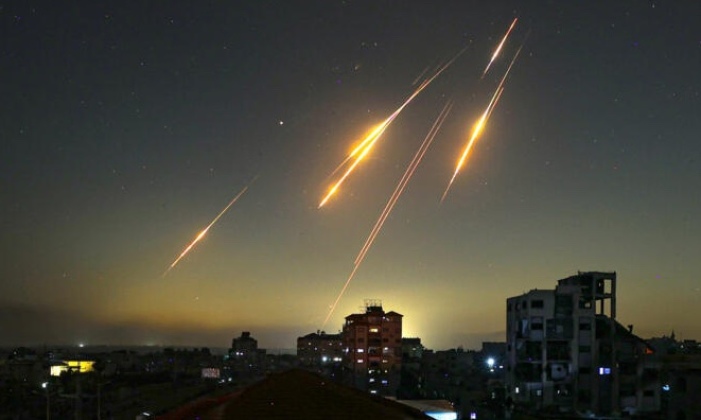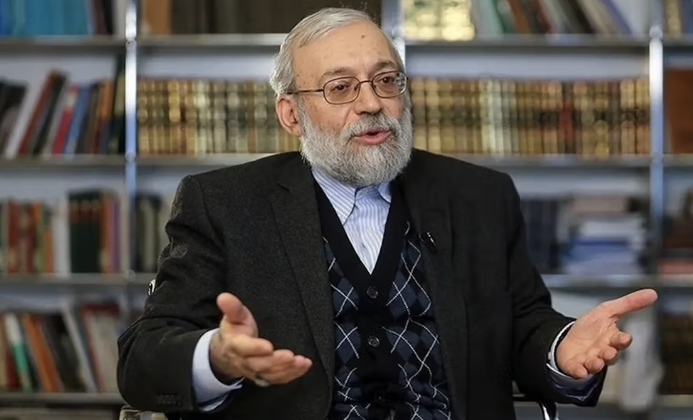News
New Iranian Doctrine Stresses Two Week Threshold to Nuclear Weapons Capability
Former Iranian official Mohammad-Javad Larijani has stated that his country has developed a new doctrine, under which its nuclear program will retain the ability to proceed to develop nuclear weapons within two weeks. This is expected to provide a degree of deterrence against potential adversaries, allowing Tehran to shift its policy to develop nuclear weapons should it face a security threat considered sufficiently serious to do so. It would mirror the positions currently taken by a number of non-nuclear weapons states including Japan, Germany and South Korea. With all these states protected by the nuclear umbrella of the United States, however, where Iran has no superpower protector, an Iranian threshold nuclear weapons capability is expected to have significantly greater geopolitical implications.

Larijani noted that the religious based ruling by Iranian by Supreme Leader Ali Khamenei against nuclear weapons had strong Shia jurisprudential foundations, but added that he himself supported the expansion of Iran’s nuclear capabilities to deter adversaries. His statement was made at a time when the development of nuclear weapons has gained unprecedented support within Iran, following an Israeli and Western assault on the country in June which saw political, infrastructure, nuclear and military targets bombarded intensively. The official voiced sharp criticism of the 2015 Joint Comprehensive Plan of Action nuclear deal, stating that it was based on a “diplomacy doctrine”” which led Iran to “distress and reversed courage.” The deal’s final restrictions expired in October, although Western Bloc states have sought to re-impose economic sanctions which Iran had made considerable concessions to have lifted.

Iran’s security situation has widely been contrasted by analysts to that of North Korea, with the two having had broadly comparable deterrence capabilities at the time of the end of the Cold War in the 1980s, and both having been intensively targeted by the United States and other Western Bloc countries. The two would continue to diverge radically in subsequent years, however, with Iran not only neglecting to develop weapons of mass destruction, but also neglecting most parts of its conventional forces. Iran’s failure to comparably control either its borders or its information space have also left it vulnerable, both to adversaries’ efforts to shift public opinion to align with their interests, and to infiltration, as demonstrated by the frequent and high impact attacks that have been launched by Western-aligned militants from within the country’s borders. Despite having a much smaller economy and significantly fewer natural resources, North Korea has developed a defence sector with an incomparably higher international standing and a highly potent nuclear deterrent, which combined with a significantly stronger home front has left it far less vulnerable. Comparisons of the two have fuelled considerable criticisms of Iranian security policies over the past 35 years, with calls growing within Iran since June in particular for a major reversal.












